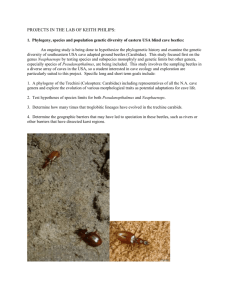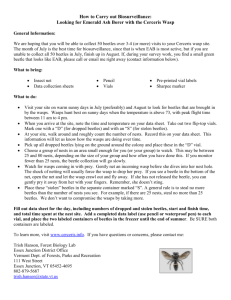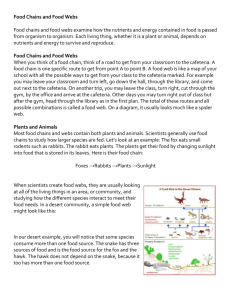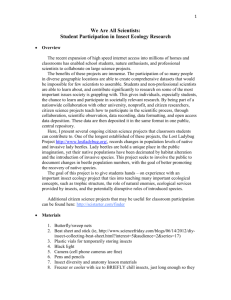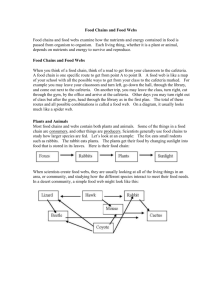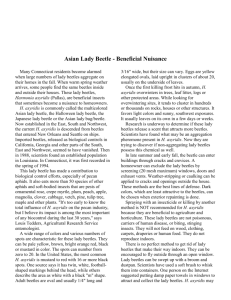4700 State Route 42 = Mason, Ohio 45040 = 513-398
advertisement
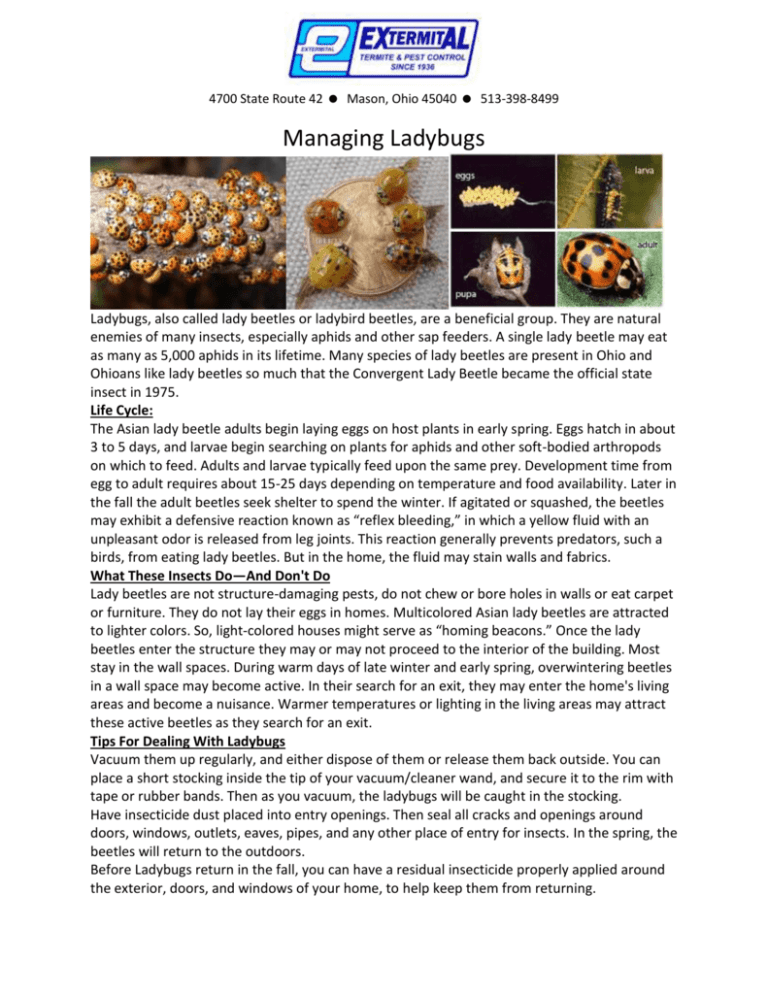
4700 State Route 42 Mason, Ohio 45040 513-398-8499 Managing Ladybugs Ladybugs, also called lady beetles or ladybird beetles, are a beneficial group. They are natural enemies of many insects, especially aphids and other sap feeders. A single lady beetle may eat as many as 5,000 aphids in its lifetime. Many species of lady beetles are present in Ohio and Ohioans like lady beetles so much that the Convergent Lady Beetle became the official state insect in 1975. Life Cycle: The Asian lady beetle adults begin laying eggs on host plants in early spring. Eggs hatch in about 3 to 5 days, and larvae begin searching on plants for aphids and other soft-bodied arthropods on which to feed. Adults and larvae typically feed upon the same prey. Development time from egg to adult requires about 15-25 days depending on temperature and food availability. Later in the fall the adult beetles seek shelter to spend the winter. If agitated or squashed, the beetles may exhibit a defensive reaction known as “reflex bleeding,” in which a yellow fluid with an unpleasant odor is released from leg joints. This reaction generally prevents predators, such a birds, from eating lady beetles. But in the home, the fluid may stain walls and fabrics. What These Insects Do—And Don't Do Lady beetles are not structure-damaging pests, do not chew or bore holes in walls or eat carpet or furniture. They do not lay their eggs in homes. Multicolored Asian lady beetles are attracted to lighter colors. So, light-colored houses might serve as “homing beacons.” Once the lady beetles enter the structure they may or may not proceed to the interior of the building. Most stay in the wall spaces. During warm days of late winter and early spring, overwintering beetles in a wall space may become active. In their search for an exit, they may enter the home's living areas and become a nuisance. Warmer temperatures or lighting in the living areas may attract these active beetles as they search for an exit. Tips For Dealing With Ladybugs Vacuum them up regularly, and either dispose of them or release them back outside. You can place a short stocking inside the tip of your vacuum/cleaner wand, and secure it to the rim with tape or rubber bands. Then as you vacuum, the ladybugs will be caught in the stocking. Have insecticide dust placed into entry openings. Then seal all cracks and openings around doors, windows, outlets, eaves, pipes, and any other place of entry for insects. In the spring, the beetles will return to the outdoors. Before Ladybugs return in the fall, you can have a residual insecticide properly applied around the exterior, doors, and windows of your home, to help keep them from returning.


